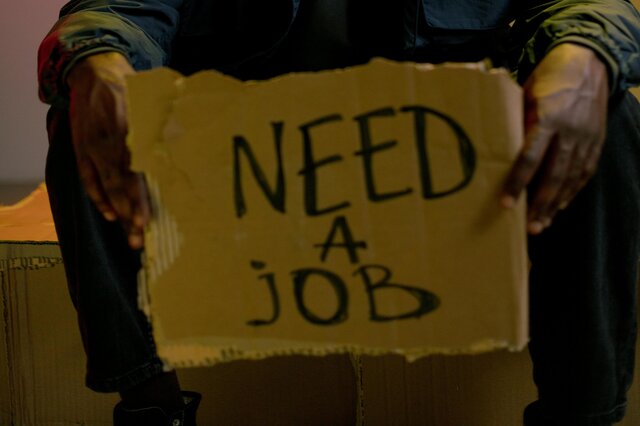Johannesburg – Ongoing economic reforms in South Africa should boost growth but more efforts are needed to create jobs and ease debt, the Organisation for Economic Co-operation and Development (OECD) said on Thursday.
Africa’s most industrialised nation has “extraordinary growth potential”, according to the OECD, but faces significant challenges including an electricity crisis and the highest unemployment rate among G20 economies.
“South Africa has started to undergo significant reform effort and address many of these structural constraints,” the OECD said in its periodic Economic Survey of South Africa.
“But further reforms are needed to advance the country towards meeting its goals of durably reducing poverty, inequality and unemployment.”
Growth in the country of 62 million people has averaged only 0.7 percent per year over the past decade, according to the organisaion, adding that a faster growing population has resulted in declining GDP per capita.
The coalition government, in power since June 2024, is “investing boldly to drive growth and economic transformation,” said Deputy Finance Minister Ashor Sarupen at the launch of the report in Johannesburg.
But “global trade tensions, inflation volatility, and heightened policy uncertainty have made this a challenging environment for all,” he said.
The country’s sluggish economy is burdened by an employment rate that tops 32 percent, with young people most severely affected.
Urban sprawl
To address joblessness, the OECD said it was “key to prioritise reforms easing barriers to business dynamism and improving workers’ abilities to reach employment opportunities.”
Urban sprawl, a legacy of apartheid, isolates many from employment opportunities, and long and costly commutes burden workers, according to the Paris-based forum.
It urged South Africa to invest more in public infrastructure but warned against rising debt.
“Public debt has risen from 31.5 percent of GDP in 2010 to a projected 77 percent of GDP in 2025,” the OECD said.
“Spending should be controlled through strengthened fiscal rules and refocused, notably to allow for higher public investment while protecting social spending,” it added.
South Africa has taken steps towards resolving an electricity crisis, managing to have only 69 days of planned power outages the past year compared to 289 days the year before.
But persistent insufficient access to electricity negatively impacts “activity, investment, exports and living standards,” the OECD said.
The organisation also said the coal-reliant nation needed to accelerate efforts to reduce greenhouse gas emissions and adapt to climate risks, but it recognised that financing for a green transition “is limited and competes with other pressing issues.”
Follow African Insider on Facebook, X and Instagram
Picture: Pexels
For more African news, visit Africaninsider.com
Source: AFP


